Key stage 4 Curriculum:
We begin Key Stage 4 with a study of conflict and historical narrative construction. This scheme of work studies the conflict in Israel/Palestine, and was developed with the specialist organisation Parallel Histories. This unit seeks to challenge the way pupils study conflict, moving away from choosing sides, to developing a holistic overview and the necessary skill to evaluate opposing interpretations. The unit is not examined at GCSE, but broadens both the content and skills attained in KS4 history.
At Mulberry Stepney Green Maths, Computing & Science College we start teaching GCSE in year 9. For the three years of study students focus on a broad set of papers. For the Paper 1 thematic study we have chosen Crime and punishment in Britain, c1000 present and for the historic environment Whitechapel, c1870 – c1900: crime, policing and the inner city. This paper provides students with a sweeping overview of a thousand years of evolving British crimes and punishment. Students investigate what causes crime to change and in turn the responding change in laws and punishment. For the historic environment we have chosen Whitechapel as we want to provide students with opportunity for a local historical enquiry. In this part of the paper students study the context of Whitechapel in the nineteenth century and then follow the police enquiry for Jack the Ripper and improvements that were made to Whitechapel and the police. For the Paper 2 British depth study we have chosen the reigns of King Richard I and King John 1189 – 1216 which gives students a chance to explore medieval British History with both the reigns of King Richard and King John which includes a focus on the barons rebellion resulting in the Magna Carta. King Richard’s reign includes a section of the Third Crusade and his battles with Saladin for Jerusalem. For the second part of Paper 2, for the period study we have chosen Superpower relations and the Cold war 1941-91. This encourages students to engage with modern history and international relations. Finally, for the Paper 3 modern depth study we have chosen Weimar and Nazi Germany from 1918-39 in which students investigate why the Weimar Republic was unpopular and how this led to the rise of Hitler. Across all papers students will build on their historical key skills from KS3 such as cause and consequence, significance and similarity and difference. In Paper 1 and 3, students analyse sources and evaluate historian’s interpretations to build their own arguments. Whilst paper 2, in comparison, focuses on examining students knowledge of the two periods whilst still demanding that students use the key historical skills.
https://qualifications.pearson.com/content/dam/pdf/GCSE/History/2016/specification-and-sample-assessments/GCSE_History_(9-1)_Specification_Issue_2.pdf


